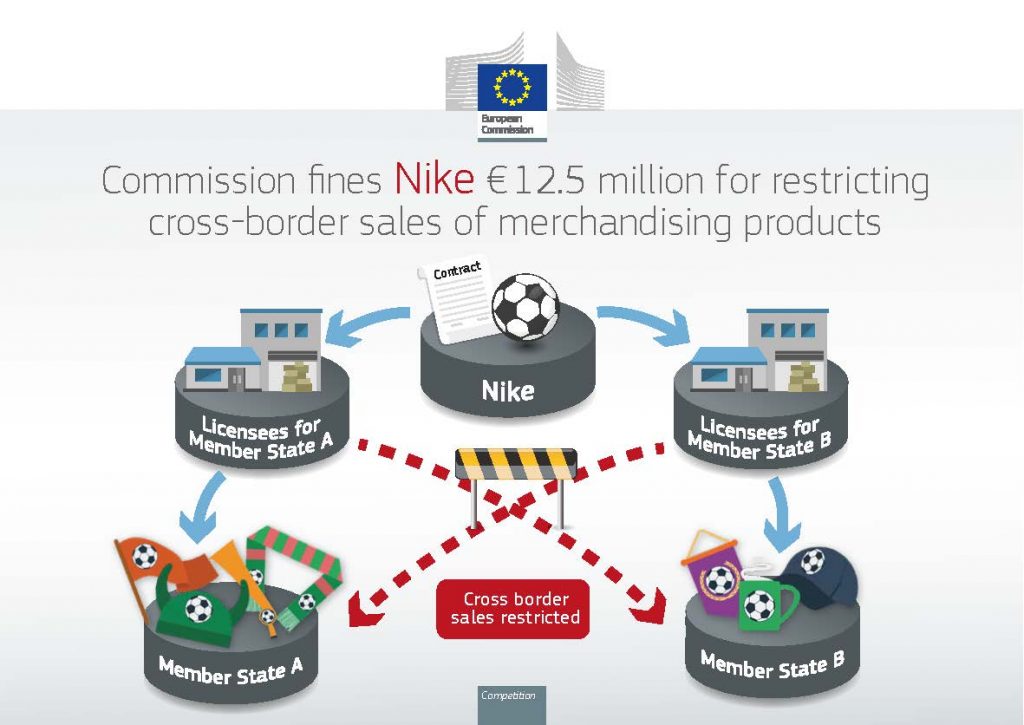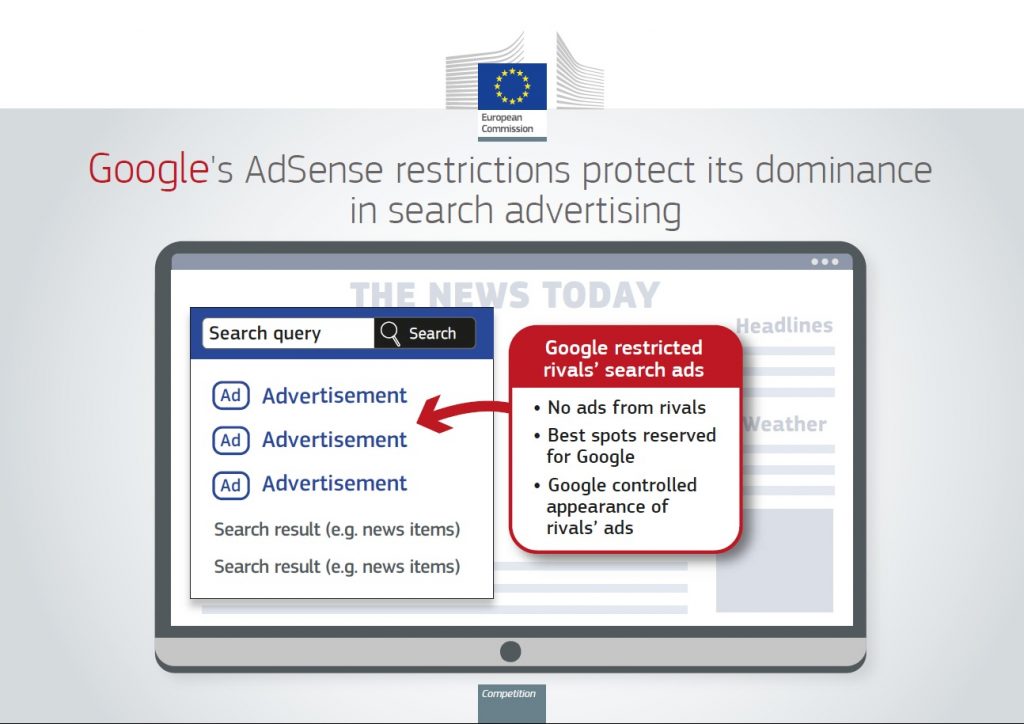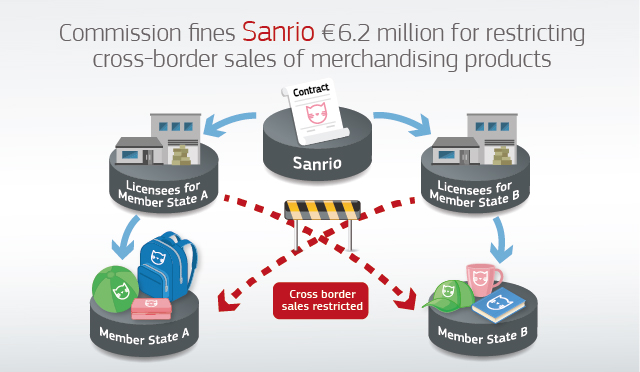Recently the Russian ministry of culture has proposed to oblige online cinemas to share statistics showing how many times the movie has been streamed. This proposal could benefit right holders as they would know how for sure how many royalties they should receive. But this idea is not welcomed by online cinemas themselves. They have express their concerns in the letter to the deputy of minister of culture.
Comments closed


